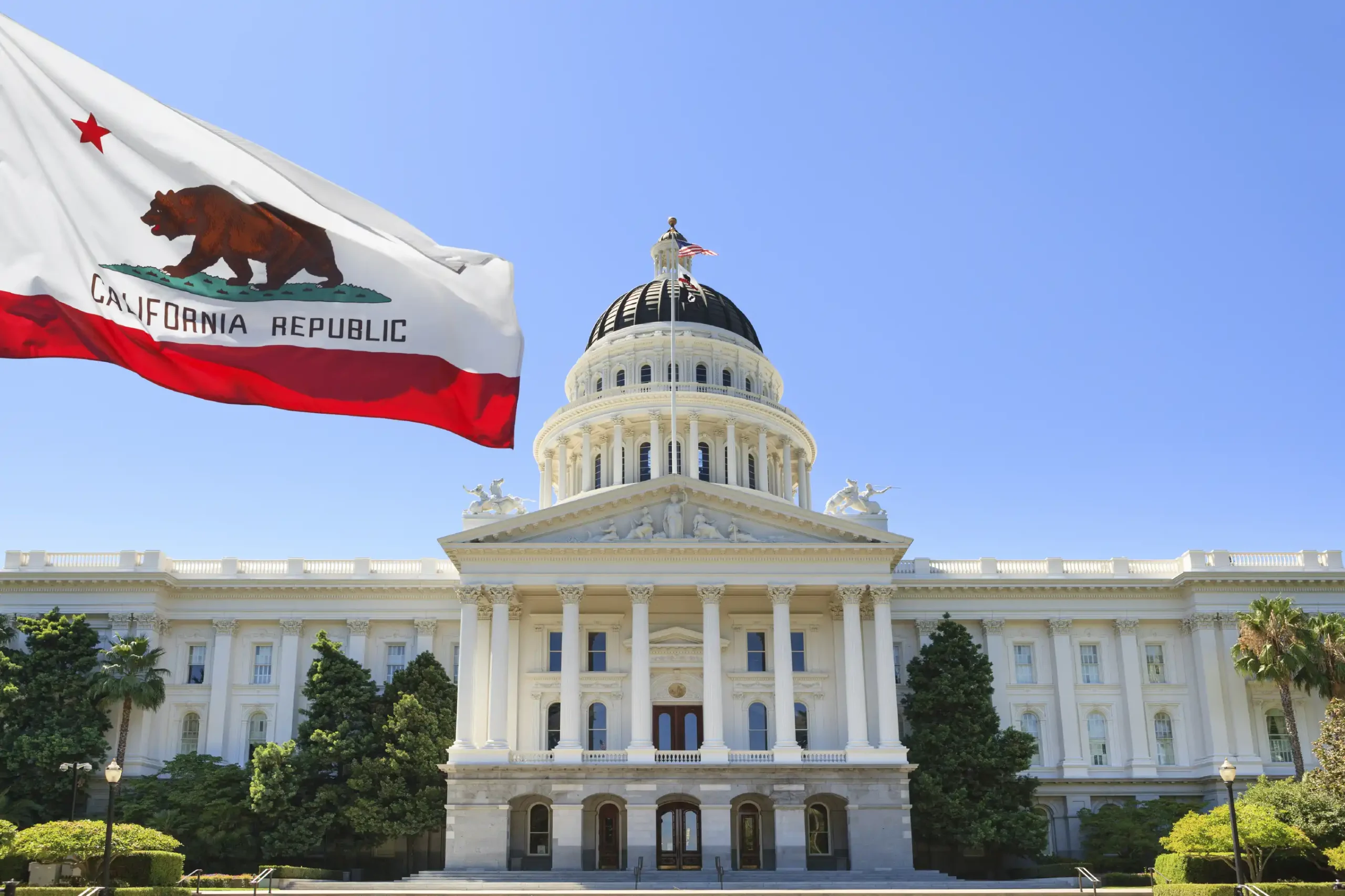Senate Bill 1047 Overview: The bill seeks to impose stringent safety protocols on AI developers, specifically targeting models with training costs exceeding $100 million. It mandates pre-release safety testing to prevent potential catastrophic failures.
Senator Wiener’s Defense: In response to criticism from prominent figures such as former Speaker Nancy Pelosi, Senator Wiener maintains that tech companies cannot solely control safety. He emphasizes that innovation and safety can coexist, and that industry self-regulation has historically failed to adequately protect the public.
Criticism and Opposition: Critics, including Pelosi and other key policymakers, argue that the bill is overly restrictive and could stifle innovation. They worry that the regulation might harm California’s tech economy and discourage the development of new technologies. Notable tech giants like Google and Meta have also expressed opposition, with some industry leaders arguing that the billâ€TMs requirements could hinder progress and lead to unintended negative consequences.
Amendments and Reactions: In response to criticism, the bill underwent amendments, which included the removal of provisions for a new government agency and the imposition of restrictions on the state’s ability to sue AI companies. Despite these changes, some tech advocates remain concerned about the potential impact on innovation.
Federal Involvement: A group of Congressional Democrats has also weighed in, urging Governor Gavin Newsom to veto the bill. They argue that it introduces unnecessary risks to California’s economy and does not adequately address more pressing issues, such as misinformation.
Senator Wiener remains steadfast in his support for the bill, advocating for a balanced approach that promotes innovation while ensuring robust safety measures for AI technologies. The California Assembly will ultimately decide the fate of the bill, with a deadline for passage by August 31 and Governor Newsom’s decision due by September 30.
































